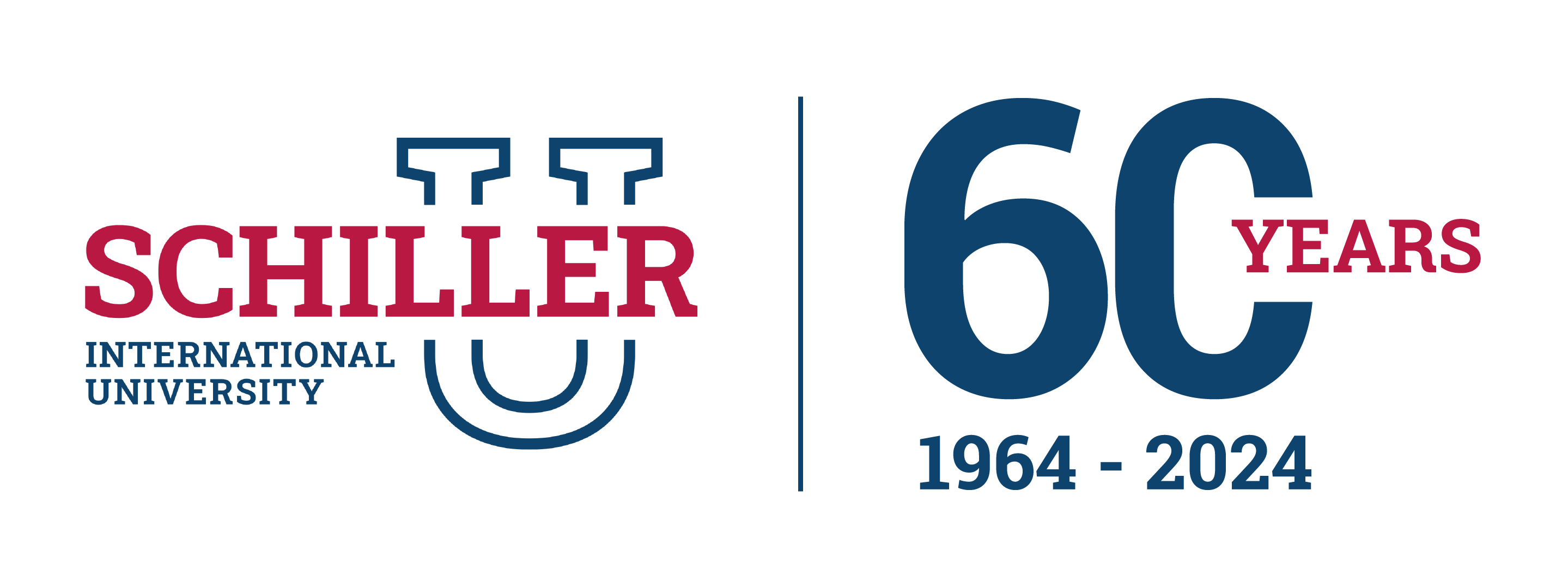Immersive, individualized and experiential learning, key to address the new learning context
Experts from disciplines as diverse as neuroscience, artificial intelligence, philosophy, or politics gathered on April 20 at t Schiller International University’s new Madrid campus, to reflect on educational innovation and new models of learning in the current context of the irruption of technology and AI.
The higher education sector is witnessing an unprecedented change. The use of artificial intelligence (AI) is increasing, experiencing 47% growth annually since 2018, according to a report by consultancy MarketsAndMarkets.
What effects will technology, and in particular AI, have on the way we learn? According to journalist and writer Johann Hari, who also participated in the session The Stolen Focus, and How to Regain It for Learning, "today's college students only concentrate on a specific task for 65 seconds and office workers for three minutes on average."
The event had many presentations, interviews and panel discussions which you can find in this playlist. Throughout the day,presentations, interviews and panel discussions, participants reflected on the widespread crisis of attention in our society (José Ramón Gamo); the challenges and opportunities that technology offers us and how to prepare ourselves (Valerio Rocco, Teresa Ferrer and Alicia Diez-Lozano); what it takes to sustain lifelong learning (Mikel Alonso); and what role international education plays in the promotion of cities (José Luis Martínez-Almeida).
Marta Muñiz, CEO President of Schiller International University, stated in her welcome remarks, "We are facing a true educational revolution. Today, we have more tools than ever before to ensure that our students acquire the knowledge and skills they need to become the professionals and citizens our society is demanding. But learning processes have changed, and it is our duty to adapt our academic methodologies to achieve the necessary learning outcomes. Moreover, technological innovation is growing faster than legal frameworks and understanding of social impact. We are already facing ethical dilemmas that we are sometimes unprepared to solve."
The Mayor of Madrid, Mr. José Luis Martínez-Almeida, who participated in one of the sessions, said: "Universities are fundamental for attracting talent", praised our university for its high excellency standards and adaptability to new situations, and stressed that Madrid has everything to become a hub of international education.
Our expert guests shared the best practices of the most successful learning models (César Bona, Toni García Arias and Miguel Ángel Montoya) and we heard how disruptors (The Tik Tok Professor and Mr Galingo), the new influencers who have broken the rules to connect with younger audiences, are exploring new avenues.
Our CEO Marta Muñiz, provost, Victoria Bamond, campus director, Carmen Alba and professors José Pinto and Alexandra Aaron moderated some of the talks.
Trends in higher education
Schiller International University, identifies 4 main trends in higher education, which form the basis of its educational innovation:
Individualized learning
Models based on economies of scale and designed to group individuals into large lecture and note-taking classes are being abandoned. Today, classes as we know them have begun to change dramatically. In fact, much of the learning that takes place in higher education occurs beyond the classroom, and we must take this into account when designing our educational models. Convenience schedules for teaching the masses have shifted to focusing on the individual learner's needs to succeed.
Experiential learning
Students are no longer mere recipients of knowledge, transferred by teachers. They can now easily access almost any knowledge through a large number of channels. At the same time, the development of skills to organize, apply and solve complex problems becomes imperative. As the Internet has enabled the spread of information, so has fake news and misinformation. Today, more than ever, it is critical to reinforce literacy skills that allow students to question the information they are exposed to and help them develop critical thinking and humanistic approaches through experiential learning.
Immersive Learning
We must adapt to students' changing ways of consuming information, and be relevant so that learning lasts. We must engage the learner and the teacher in the learning experience.
Lifelong learning
Learning is lifelong; in the past, what was learned at university was the basis for a whole professional life. The current context demands that we periodically update our skills and learn new ones so as not to be left out of the labor market. Lifelong learning is necessary, both at the corporate and individual level. Universities are welcoming back former students who need learning processes to retrain and improve their skills.
Evolution in the role of teachers
The role of the teacher also changes in this new context. He/she is no longer a sole provider of knowledge and is evolving into a creator of learning experiences, a support and a knowledge reference that accompanies the student, as they assume more responsibility for their own learning through the use of technology to gather relevant information. On the other hand, teachers have to be constantly learning in order to continue leading the process. Technology allows them to experiment and apply different teaching formats in the classroom. They also participate in the collaborative process with other institutions and are immersed in a global learning process.

 Apply Now
Apply Now








